Saudi Arabia set to host training track for ‘unprecedented’ transport system
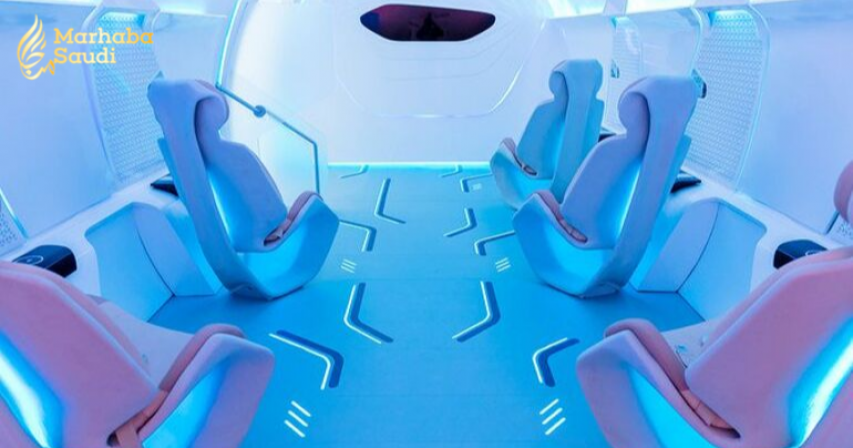
DUBAI: Saudi Arabia is set to become the first country with a long-range test track for the planned hyperloop transport system.
The US-based Virgin Hyperloop One (VHO) announced in July a partnership with the Kingdom’s Economic City Authority to build a 35 km certification track at King Abdullah Economic City, 100 km north of Jeddah. Speaking to Arab News at the GITEX Technology Week show in Dubai, the company confirmed construction will start by the end of 2020, and said it was in talks with the Saudi government to agree on a specific timetable for the project.
“We are working with the government right now in terms of timetable. We expect, if everything goes to plan, that we would start building our test and certification facility in the backend of 2020. In terms of when it will finish, we are looking at 2024 and 2025,” said Harj Dhaliwal, managing director of Middle East and India at VHO. The project also includes a research center and a manufacturing facility for the advanced components of the futuristic transport system, also expected for 2024.
“It puts Saudi Arabia at the forefront of transport technology. It makes them the leader in the manufacturing of hyperloop technology,” Dhaliwal said.
The hyperloop transport system, famously proposed by Tesla CEO Elon Musk, promises to allow people to travel around 1,000 kph, which is roughly twice as fast as Japan’s bullet trains.
“We are going twice as fast for less energy,” Dhaliwal said. It is expected to reduce land travel time between Riyadh and Jeddah from 10 hours to 76 minutes.
Although cargo and human testing has not been started by VHO, Dhaliwal said they are “close to moving on to very advanced testing with passengers on board.
“We have tested the hyper structure, vacuum, control systems, levitation systems, technology systems and the vehicle. The next step will be to move into carrying cargo and people,” he said, adding that their testing site is in Las Vegas, where people can see the hyperloop in action.
“We still need to go through a process. Passengers will be in a vacuum condition. They will be in space conditions. We want to make sure that if we put cargo or people in, and when we start with our next generation high-speed testing, nothing goes wrong. It’s not just a matter of putting somebody in and hoping for it to work — that will be a disaster for our business,”
he added. Although the technology promises unprecedented high-speed travel, it has never been tested with human passengers, and many scientists remain skeptical about its safety and viability.
“People are already traveling enormous speeds in an aircraft. People travel 900 kph up in the air at 40,000 feet, in a pressurized vessel. These pods are designed to aerospace standards. Imagine an aircraft with no wings, that’s what we have here,” Dhaliwal explained.
He said they are “not inventing everything all over again,” pointing out how a lot of the standards they are using to build the hyperloop system “are already in place.”
“There are a lot of lessons, data and information available from adjacent sectors like aerospace and high-speed rail that we utilize,” he added.
Dhaliwal also mentioned how they have gathered massive support from investors to build the hyperloop technology, raising over $400 million.
“We have investors who actually believe this is going to happen. We’ve got a team of some of the world’s brightest engineers working with us to take us to the level of technology development,” he said. “This is happening, and it’s happening now.”

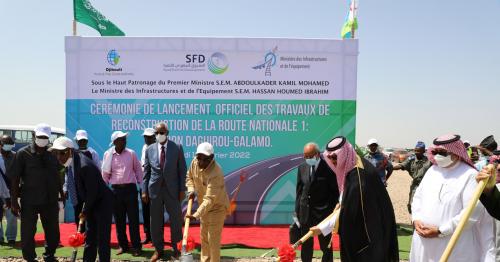

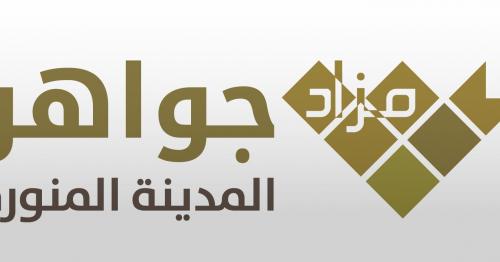
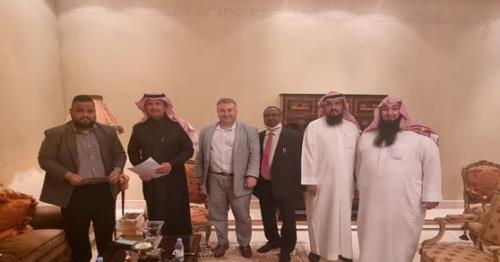
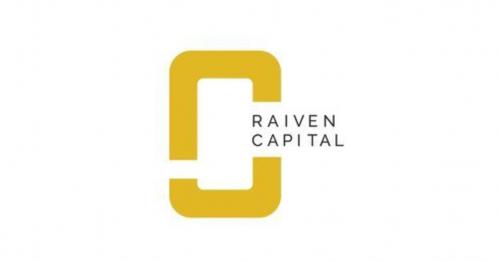
Comments